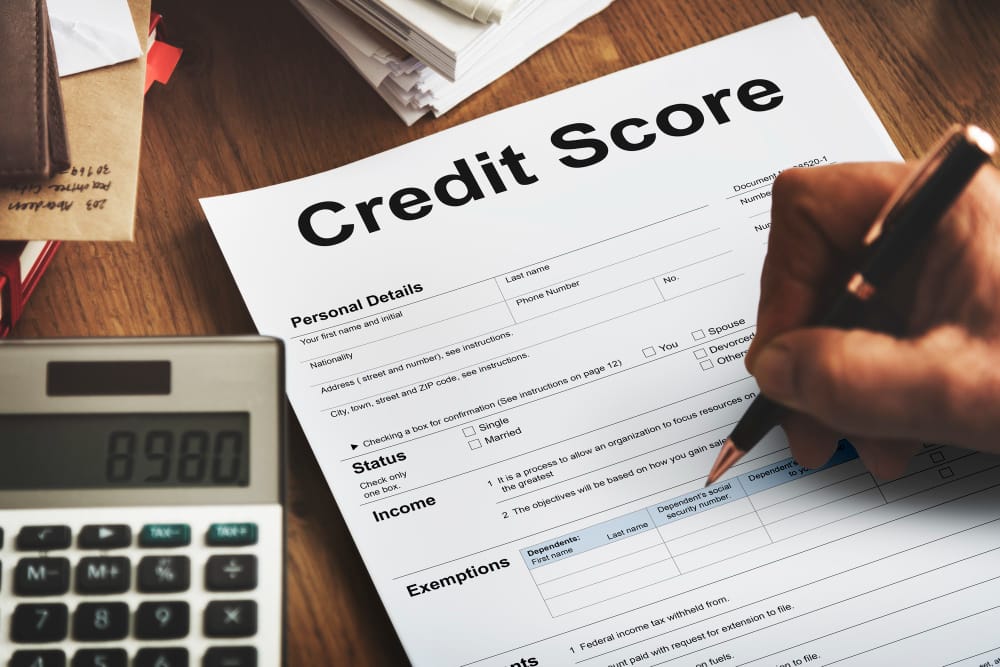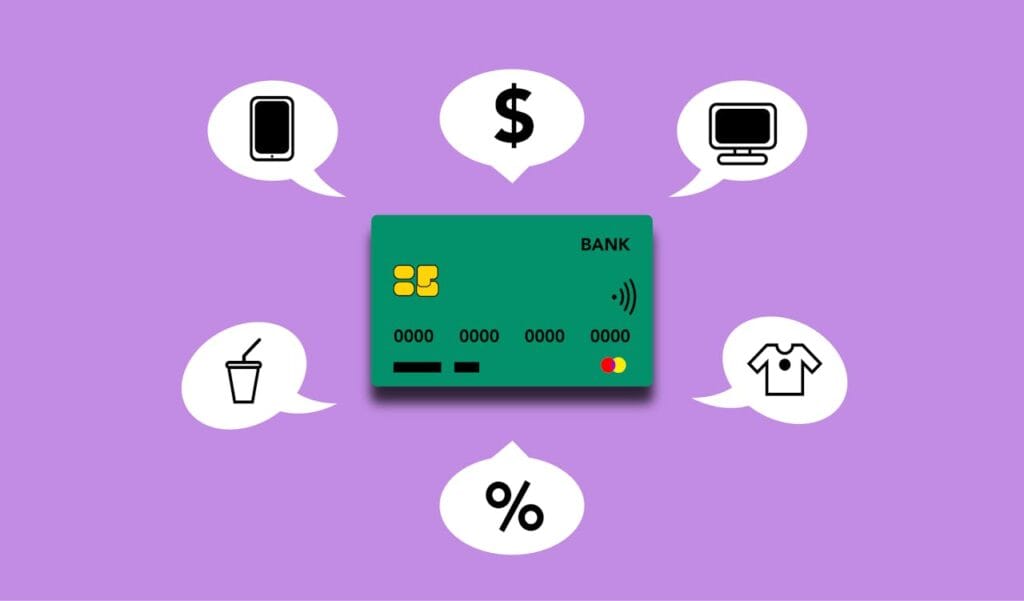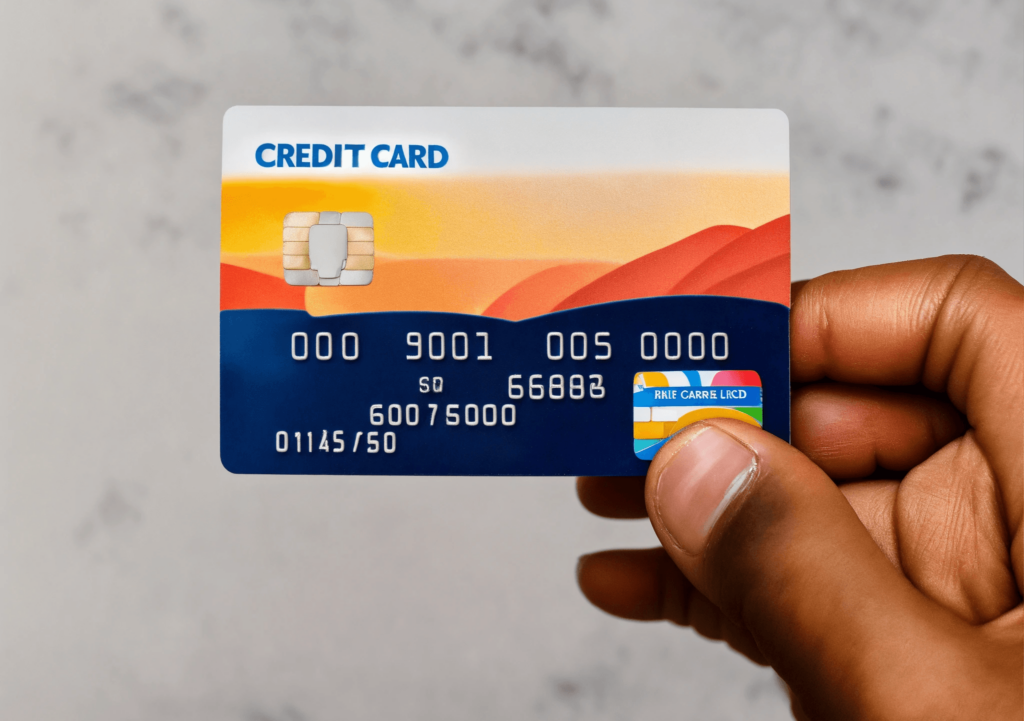How often do you check your credit score? Credit scores are globally acknowledged by several countries however, they may differ in their scoring systems and models.
Table of Contents
What is a Credit Score?
The 3-digit number helps creditors assess a person’s creditworthiness. It comes in handy when you need to borrow a loan.A high credit score should always be a prioritized financial goal because it directly influences your journey to financial wellness. From credit cards to home ownership, a healthy credit score empowers you to have the best options to achieve your overall life goals.
Credit scores are universal but depending on the country, they vary on how they assess creditworthiness. In USA, lenders rely on FICO scores to look at people’s credit history. FICO scores range from 300 to 850, with a good credit score starting from 670 up to 850, which is considered excellent. In Germany, an individual is awarded with 100 points which decreases as they borrow.
Overall, many countries have their own credit scoring system which is a part of the key factors that drives the lending industry.
By establishing good habits and managing your credit responsibly you can earn a high score and maintain it consistently to set yourself up for success.

The following are tips to achieve and maintain a higher credit score.
Managing Monthly Bills & Payments
Paying your bills on time shows lenders that that you’re a trustworthy borrower in the long run. When lenders use credit scores to gauge your eligibility for their loans and interest rates, your payment history comes into question. The most common payments that build up credit include credit card bills, home loans, car loans, and mortgages.However, you can also get a boost to your credit with your monthly household bills, such as rent and utilities, when your payment activity is reported to the credit bureau. Paying these expenses on time establishes a positive payment history, enhancing your credit score. You can set up automatic payments or due date alerts to avoid missing a payment. If you manually manage your bill payments, set reminders on your calendar a week ahead of your due dates and maintain a filing system to easily retrieve them for payment.
Pay Down Revolving Credit Balance
Revolving credit is a good perk as you can repeatedly borrow against a line of credit. However, exceeding your revolving credit balances against your credit limit will ruin your credit. Ideally, the total credit balances in your credit cards or lines of credit should not exceed 30% (credit utilization rate) of all your credit limits.Your credit utilization rate is the amount of revolving credit that you are using now divided by the revolving credit limit. The key is to pay off your revolving credit balances on time, lowering your credit utilization rate and improving your credit score.
Also Read: Money Market Funds Explained: A simple guide for investors
Don’t Be Afraid to Use Your Credit Responsibly
Even as some people believe that credit cards are evil, younger generations are becoming new credit card owners. According to Statista between the periods of spanning from 2011 to 2021, a good number of countries record usage of credit cards for purchases in their billions.Even so, getting into the normalcy of swiping your credit card to pay for bills can lead to reckless spending, which affects your credit score. To counter this, you can charge small essential expenses such as gas or groceries, which you can afford to pay off quickly each month.
Typically when buying gas at the pump using a credit card, payment can be cleared through an online banking or mobile app, or money is transferred from a savings or checking account to the credit card. This makes it easy to track your spending as you’ll get an itemized expenditure report. Gradually, everyday necessary purchases will boost your payment history, strengthening your credit scores.

Limit New Account Applications
If you’re thinking of opening a new account for whatever reason, also keep in mind how it may affect your credit score. When you submit your application for an account such as a credit card or line of credit, the lender will make a hard inquiry into your credit history. Hard inquiries involve pulling your credit report from a credit bureau such as Transunion. If you have more than two hard inquiries on your report, it can cause your credit score to drop slightly as it shows you’re taking up new debt and haven’t yet proven if you can pay the amount owed.Another reason for the fluctuating credit score is the impact of the balance on your credit utilization rate. Remember, the more the credit balance, the higher the utilization rate, which negatively impacts for your credit.
New credit lines will also adjust the “average age” of your overall accounts. Building good credit takes time and commitment, which increases your credit age. In the American context, your credit age accounts for 15% of your total credit scores.
If, for example, you keep a credit line for 20 years without late or missed payments, it reveals you can responsibly manage credit and are a safe bet for lenders for credit cards and loans. When you add a new line of credit, the average age drops to 10 years.
Take note that the average age of accounts is not significant in determining credit scores but adding new accounts within a short time will potentially lower your credit scores.
Be Patient & Diligent
When it comes to building and maintaining positive credit, patience is key. You also need time, as it takes at least three to six months to reach a good credit score and years of consistent and positive credit activity to achieve an excellent score.It’s important to note that lenders rely on your credit scores to determine your eligibility for credit or a loan. For example FICO scores take into account your payment history (35%), amounts you owe (30%), length of your credit history (15%), credit mix (10%), and new credit (10%). Because your credit score tells lenders what risk they are taking to lend to you. Managing the factors for the score’s calculation will directly impact your borrowing power.
If you want to earn and retain excellent credit, you can adopt a few habits over time. One of them is making payments on time, as late payments can significantly dent your credit score and reflect on your credit report for up to 7 years in America or up to 5 years in South Africa.
Staying below your credit limit is also wise as it lowers your credit utilization rate. If you stick to spending on essential purchases, this will avoid the struggle to pay the balances every month.
Make another habit of frequently double-checking your credit reports for accuracy so you can catch any errors that may hurt your credit scores. You can retrieve a free credit report depending on the financial services available in your country of residence.
Also, try to pay more than the minimum amount, reducing your debt faster and lowering your credit utilization rate.
As soon as you embrace these practices, your credit card use will hardly hurt your credit scores. You will also not miss a step when you have to rebuild in case of a setback in your financial situation that may damage your credit.


